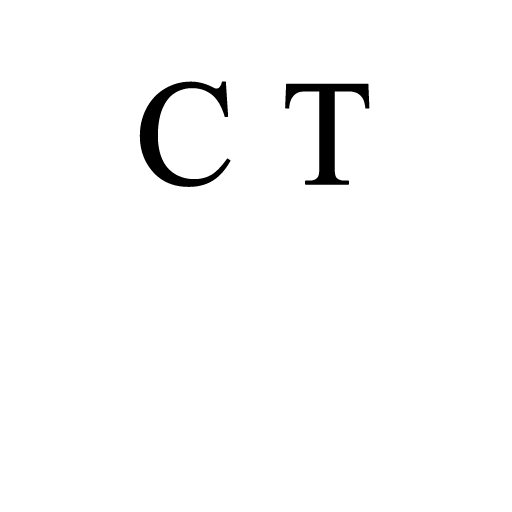As standard economic theory tells us, tariffs are a bad idea. Once we’ve accepted the basic idea of comparative advantage – we all do what we’re least bad at and swap the resultant production – then the more people we can comparatively advantage with the better. There is no dividing line between it being a good idea to trade with the bloke next door or the one in the next city, county, country or continent.
Putting tariffs in the way of this at the level of the nation state makes this process more inefficient – just as it would be if there were a tax on swapping carrots for apples with next door. However, this isn’t the only damage that tariffs do. Anything other than a simple one rate tariff causes much greater economic losses:
Angst about the impact of Mr Trump’s protectionism has been steadily rising across the entire fabric of the US economy, where a wide range of businesses have come to rely on global supply chains — particularly involving China — to keep prices low and profits high, and are worried that era could soon come to an end.
In the first stage of the US-China trade dispute earlier this year, some small businesses hoped they might avoid any big blow, as the early tariffs worth $50bn (of which $16bn took effect this week) were more limited in scope.
But once Washington went a step further and said it was prepared to set a further $200bn in tariffs of up to 25 per cent, hardly any sector would be immune to the resulting combination of lower sales, job losses and rising prices.
At the hearing, many executives asked administration officials to remove their preferred Chinese import from the dreaded list, but it was far from clear how much leeway there could be.
There’s a certain amount of effort that goes into trying to make sure that it’s not your business which gets hit with such tariffs. A lot actually, as most of the imports into the American economy are of intermediate goods – things used to make other things – rather than final. The consumer, looking forward to her final goods is entirely sh** out of luck of course. But business will spend much pelf and lucre in trying to lobby to make sure their own supply line isn’t hit.
There was Adam Finkel of Annjoy, Arizona-based supplier of paper shopping bags used by high-end retailers such as J Crew and Godiva. There was Wendell Howerton of Blue Ribbon Products, a North Carolina-based manufacturer of cast nets for fishing. There were lobbying groups representing home appliance makers, and the US fishing industry. And there was Steve Williams, of Elberta Crate & Box, from rural Georgia, which has been in business since 1905 making wooden containers for fruits and vegetables. All were bracing for a big hit to their business if the new tariffs end up being implemented…
But it gets worse, I’m afraid it does. Because we do all agree that capitalists are greedy, lazy and conniving? Quite, the market economy is the way of keeping them in line and the reason we don’t want to have government involvement in anything other than setting the general rules. That way lies crony capitalism. And what is going to therefore happen when we’ve a selective list of what has tariffs imposed and what does not? Which businessman isn’t going to lobby to have his competitors essential supplies hit while his are scott free? And how much effort is going to be poured into such attempts to persuade? How much wealth channelled into the political process to aid in such persuasion?
Think of those hearings about Kavanaugh. Those are the same people who will be entrusted with the decision over whether left hand thread brass screws will face the same tariff as right hand thread brass screws. Given the pecksniffs and jackanapes who achieve electoral office – seriously, anyone want the likes of Andrew Cuomo, Hillary or Orrin Hatch to be deciding that? – do we really want to hand that much influence over the economy to them? For that is what such a tariff regime does, provides political favours to be bargained and begged for and concomitant power to the politicians doing the granting.
Tariffs are a bad idea to start with, but political favouritism in what is tariffed is even worse. For, really, who wants to give these people the power to decide which businesses fail and which prosper? How ever much they’d kill to gain such power?
That they’d revel in it is reason enough not to grant it.




Ha- Pecksniffian:unctiously hypocritical Dickens’ character that made it into the lexicon. And i think a genuine if exotic british surname at least there used to be a Jeweler (or possibly a perfumier) in the Lanes that carried that name.
As for the rest of the article. Yes–sigh.
Yes, again, Trump’s tariffs are proudly arbitrary, against individual products and individual nations for the express purpose of letting Trump prevail. Simplicity is not equivalent to high taxes plus numerous absolutions, even if the net haul is the same, as the latter replaces achievement with lobbying as the way to maximize revenue. Now, the US tax system was not simple to begin with. Tariffs are a power the uncooperative Congress has ceded to the Executive, Trump’s main way to throw his weight around. So I’ll wait to see if he makes good things happen (this week, apparently, freer access for… Read more »